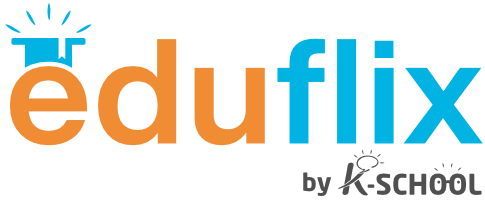The physiology of the brain (nutrition)

Learning goals:
Identify Key Nutrients: Students should be able to recognize and name essential nutrients for brain health, such as glucose, omega-3 fatty acids, antioxidants, B vitamins, protein, and iron. Develop Balanced Meal Plans: Students should be able to design balanced meal plans that incorporate a variety of nutrient-rich foods to support optimal brain health and cognitive function.
Reflect on Personal Habits: Students should reflect on their own dietary habits, assess how well they align with principles of brain-healthy nutrition, and consider potential improvements.
https://www.youtube.com/watch?v=hGXIZOZkQzE
Learning activities:
Ask students to write reflective essays discussing their personal understanding of the impact of nutrition on brain health, any changes they might make to their own diets based on what they’ve learned, and the broader implications of this knowledge.
Have students work in groups to design a brain health awareness campaign targeted at their peers. Use canva to create posters, This could involve creating educational materials, organizing events, or developing social media content to promote the importance of proper nutrition for brain health.
Adaptaciones curriculares:
–
–
–
–
